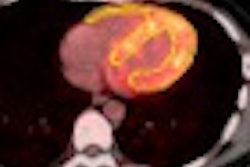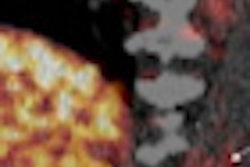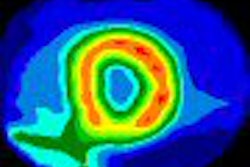While new antitumor agents result in significant benefits for cancer patients, they may also have serious cardiovascular side effects, according to a new study in the April issue of the Journal of Nuclear Medicine.
The study, from Radboud University Nijmegen Medical Centre, reviewed the effects of trastuzumab (Herceptin, Genentech) and anthracyclines in cardiac disorders.
To measure the cardiovascular side effects of antitumor agents, physicians have relied on technetium-99m (Tc-99m) multigated radionuclide angiography, which visualizes the mechanical function of the heart, as the gold standard to monitor left ventricular ejection fraction (LVEF) and detect cardiovascular damage at a relatively late stage.
Nuclear cardiology techniques that visualize pathophysiologic and neurophysiologic processes at the tissue level have the potential to detect cardiovascular injury at earlier stages.
Lead study author Dr. Lioe Fee de Geus-Oei, PhD, said that exploring these imaging strategies is important for preventing cardiac morbidity and mortality and developing newer strategies to prevent cardiac injury, either through new dosing schedules, less toxic analogues, or the addition of protecting agents.
Using molecular imaging and nuclear medicine to detect cardiotoxicity can also help reduce costs for hospitalization, additional treatment, and other indirect expenses. In addition, they can be applied to new targeted drugs currently being developed.



















